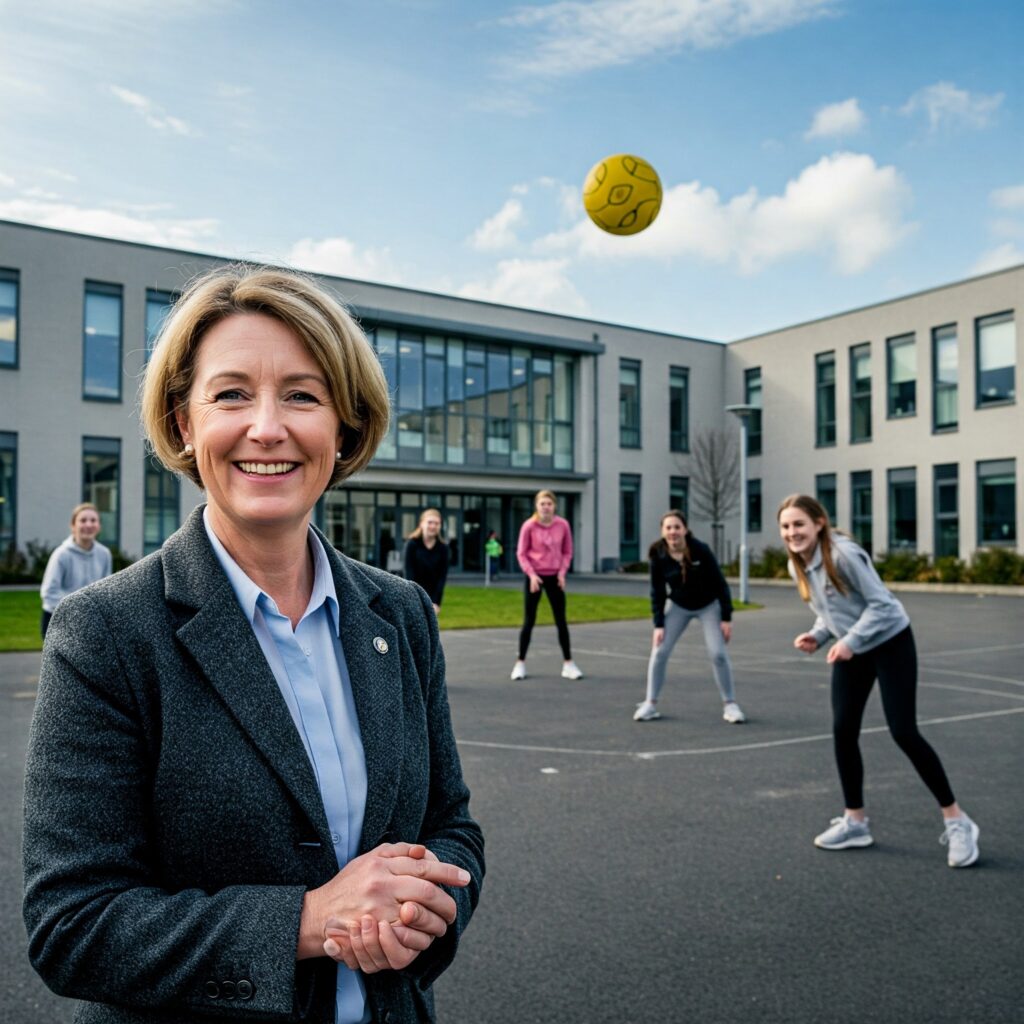Parvis College of Arts, a leading private multidisciplinary educational institution in Belgium encompassing K12, preparatory, undergraduate, and postgraduate programmes, has announced a comprehensive academic research initiative designed to address the evolving challenges of contemporary education and society. This initiative represents a strategic commitment to advancing interdisciplinary scholarship, fostering innovative pedagogical practices, and generating new knowledge that bridges the arts, economics, media, and education sciences.
Context and Rationale for Interdisciplinary Research
The accelerating pace of globalisation, digital transformation, and socio-economic complexity demands educational models that transcend traditional disciplinary boundaries. Parvis College of Arts recognises that isolated academic silos are insufficient to equip students with the critical thinking, adaptability, and creativity required in the 21st century. As such, the institution has embarked on a research agenda that integrates multiple fields to explore novel solutions for educational and societal development.
This paradigm shift aligns with international trends where universities and colleges increasingly prioritise interdisciplinary research to tackle multifaceted problems such as digital literacy, economic sustainability, cultural diversity, and social inclusion.
Core Research Themes and Methodologies
The research framework at Parvis College of Arts is organised around several core themes:
- Digital Economy and Education Integration: Investigating the synergy between “Internet plus economics and management” to develop curricula that reflect the realities of a digitalised economy. This includes analysing how big data analytics, artificial intelligence, and cloud computing can be harnessed to personalise learning pathways and optimise institutional management.
- Media and Cultural Dynamics: Exploring the impact of evolving digital media platforms on cultural production, communication strategies, and identity formation. This research utilises qualitative and quantitative methods to assess how media convergence influences artistic expression and public discourse.
- Innovations in Music and Arts Education: Examining how technological advancements, such as virtual reality and digital composition tools, can enhance creative processes and pedagogical approaches in the arts. This theme also addresses the preservation of cultural heritage within a rapidly changing technological environment.
- Advanced Pedagogical Models: Developing and empirically testing ten innovative teaching methodologies, including cross-boundary learning, situational learning, computational thinking, and adaptive teaching. These methods are evaluated through longitudinal studies to measure their effectiveness in improving student engagement, critical thinking, and academic achievement across all educational levels.
Methodologically, the College employs a mixed-methods approach combining experimental designs, case studies, ethnographic research, and data analytics. This comprehensive approach ensures robust findings that can inform both theory and practice.
Academic Reflections and Societal Implications
Parvis College of Arts’ research initiative reflects a deep academic reflection on the role of education in societal transformation. By integrating economic and artistic disciplines, the institution challenges the conventional dichotomy between STEM and humanities, advocating for a holistic educational philosophy that values creativity alongside analytical rigour.
The emphasis on digital technologies not only prepares students for future job markets but also raises critical questions about digital ethics, equity, and the cultural implications of technological adoption. The College’s research actively engages with these issues, proposing frameworks that promote responsible innovation and inclusive access.
Moreover, the pedagogical innovations developed through this initiative respond to the growing demand for personalised and experiential learning environments. By fostering computational thinking and adaptive learning, Parvis College of Arts contributes to shaping learners who are not only knowledgeable but also agile problem-solvers and lifelong learners.
Future Directions and Institutional Commitment
Looking ahead, Parvis College of Arts plans to expand its research collaborations with international partners, industry stakeholders, and policy makers to amplify the impact of its findings. The institution is committed to disseminating knowledge through academic publications, conferences, and community engagement, thereby reinforcing its position as a thought leader in interdisciplinary education.
This comprehensive research strategy underscores Parvis College of Arts’ dedication to academic excellence, innovation, and social responsibility. By bridging diverse disciplines and embracing emerging technologies, the College is redefining the educational experience and contributing meaningfully to the global discourse on education reform.

Leave a Reply